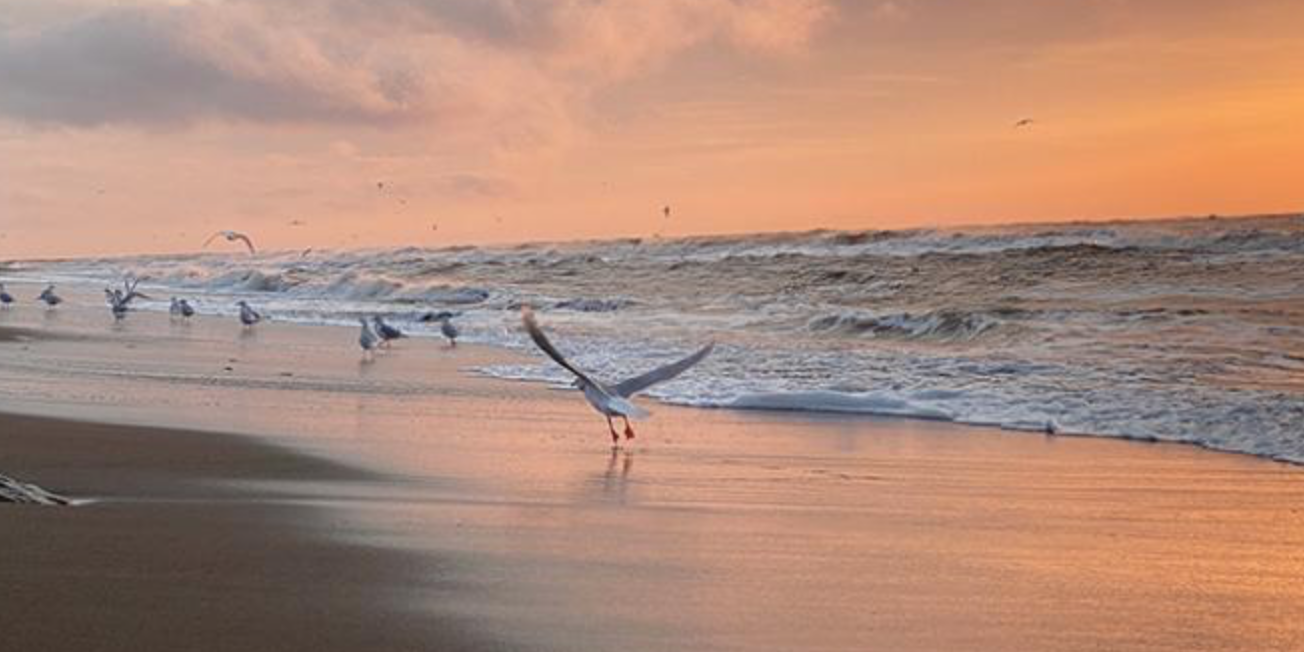At the 10th annual meeting of the U.S.-Russia Polar Bear Commission in Egvekinot, Chukotka July 27 to 28 the annual sustainable harvest level of the Alaska-Chukotka polar bear population was raised. The commission acted on information from science and Traditional Ecological Knowledge in raising the quota from 58 to 85 bears. They also voted to maintain a 2:1 male-to-female ratio in the harvest to protect the breeding female bears.
“We are pleased with the updated science and TEK that provided the basis for raising the sustainable harvest level,” said Nome’s Benjamin Payenna, chairman of the recently created Alaska Nannut Co-Management Council, ANCC for short. “Our indigenous communities have co-existed with and sustainably harvested polar bears for thousands of years, and the harvest remains critical to the nutritional and cultural health of our people. We look forward to continuing to work with the U.S. Fish and Wildlife Service on the conservation and co-management of the sustainable polar bear harvest.”
Katya Wassillie of White Mountain is the executive director of ANCC. “We are the Alaska Native organization that represents the tribes which harvest polar bears for subsistence in Alaska,” she said. “We were just organized in November of 2017 so we’re still brand new.” The organization is in a co-management relationship with U.S. Fish and Wildlife Service. ANCC represents the tribes in the U.S. that engage in subsistence harvest of polar bears.
Millie Hawley of Kivalina is the vice-chair of ANCC. “Our recent study shows that they’re thriving, doing well. We have a recent study that hasn’t been published yet. We decided that our delegation going to Russia would propose a higher quota and also to change the boundary to Icy Cape instead of further up north,” she said.
The commission voted to pursue a change in the eastern boundary of the US-Russia Agreement prior to their next meeting. Updated research shows this will prevent overlap in management areas with the Southern Beaufort Sea polar bear population.
In a joint closing statement the commissioners supported removal of the subsistence harvest ban in force in Russia since 1956.
The meeting of the commissioners followed a two-day Scientific Working Group meeting for the Alaska-Chukotka polar bear population. Information from a 10-year US Fish and Wildlife Service study included a TEK study conducted by the North Slope Borough. “Multiple lines of evidence, from both science and TEK, suggest that the Chukchi Sea polar bear population has been healthy in recent decades,” said Eric Regehr, co-chair of the Scientific Working Group. “This is good news for both bears and people, although it is critical that population monitoring continues for future potential impacts from sea-ice loss due to climate change.”



